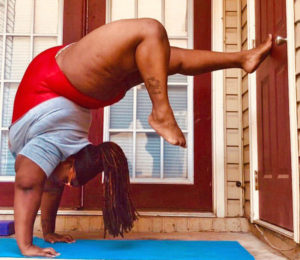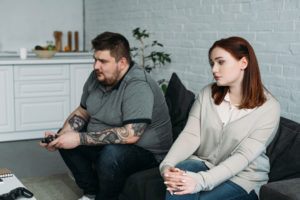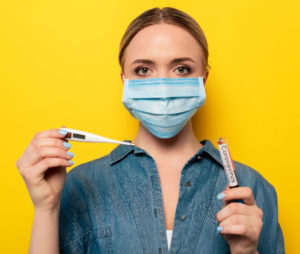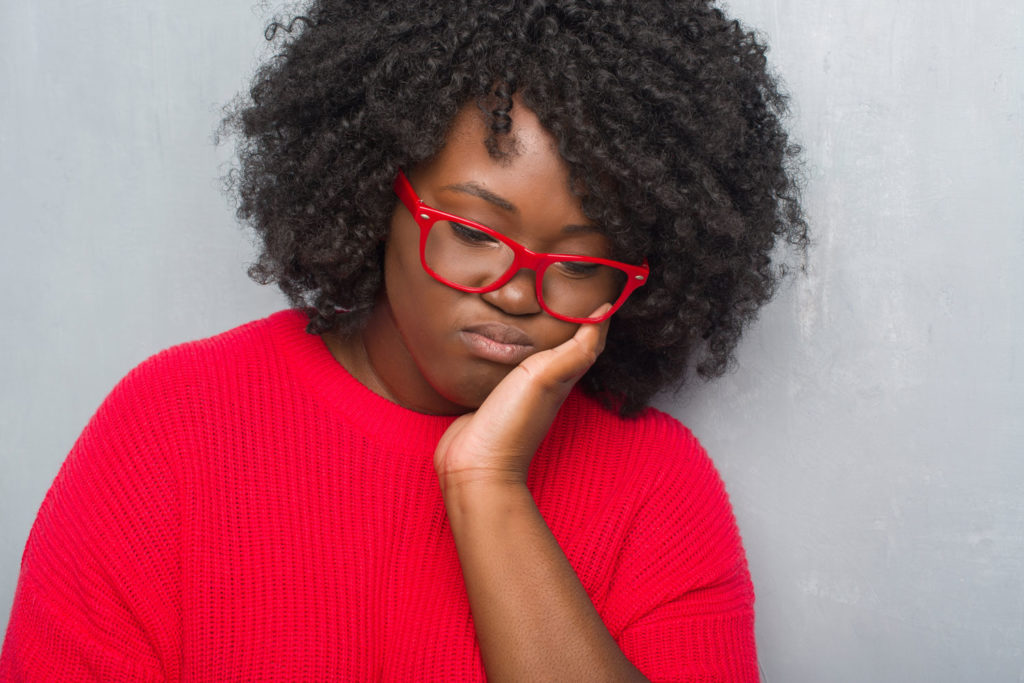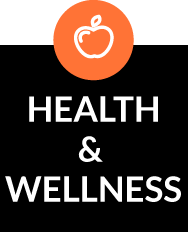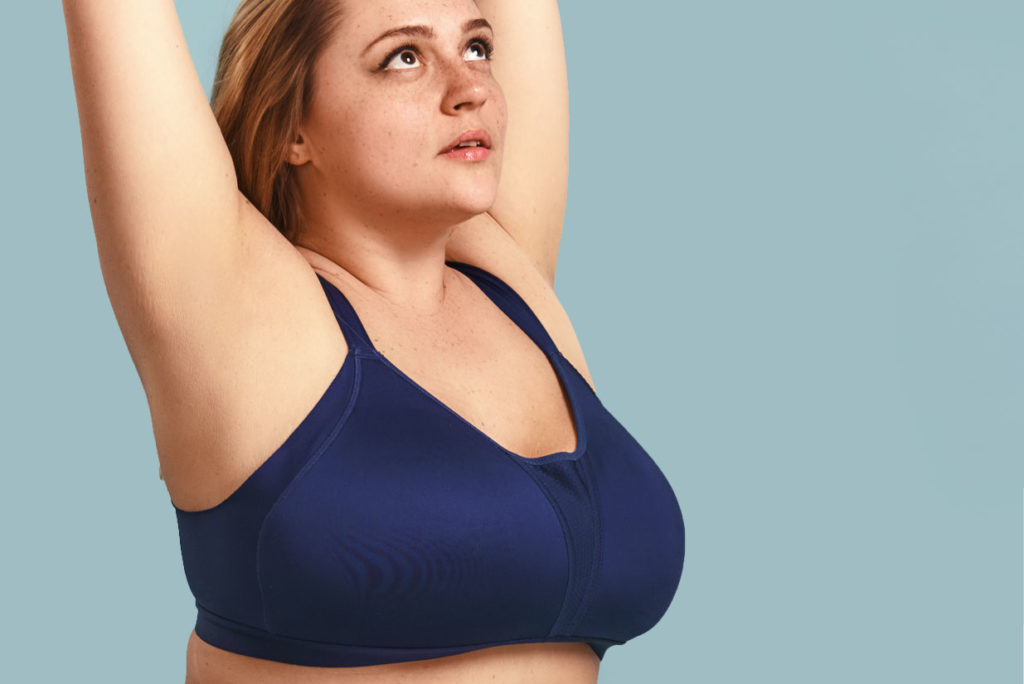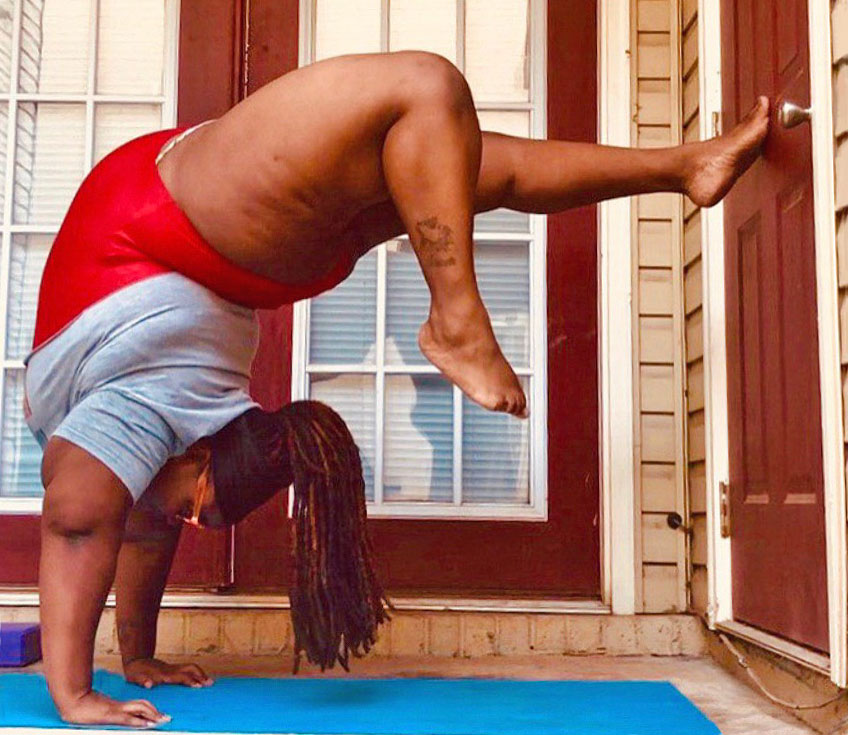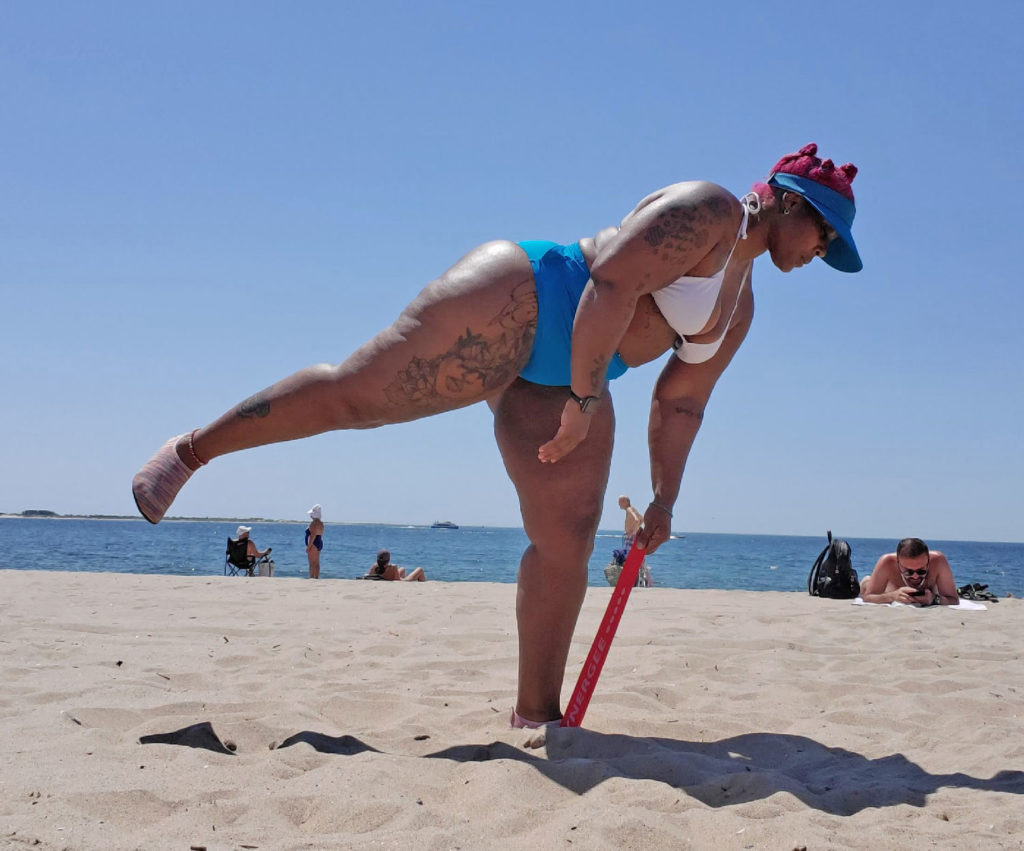Making it on very little sleep is often seen as a badge of courage. Many successful people brag about needing only five or six hours a night. If you want to achieve anything meaningful in your life, it is implied, you’ll ignore your sleepiness and keep working.
Adults need at least seven hours of sleep per night, but it’s extremely common to get less than that, according to the Centers for Disease Control and Prevention.
Are YOU getting enough sleep?
Insufficient sleep is more harmful than you think for your physical and mental health. It’s curious that in a time when people are shamed for eating an unhealthy diet, smoking or failing to exercise, lack of sleep is still celebrated.
Because believe it or not, insufficient sleep is as harmful to your health as insufficient exercise.
Here are some of the harmful effects of poor sleep:
Cognition
You can’t do your best thinking if you don’t get enough sleep. “Deficits in daytime performance due to sleep loss are experienced universally and associated with a significant social, financial, and human cost,” according to the study “Neurocognitive consequences of sleep deprivation.”
Mood
It isn’t just young children who get grumpy when they’re tired. Lack of sleep is associated with depression, anxiety and irritability, according to SleepFoundation.org.
Immunity
You’re more susceptible to catching whatever is going around if your sleep is poor. Your immune system depends on sufficient sleep to function at its best, according to SleepFoundation.org.
Driving
Lack of sleep can hinder your driving performance. In fact, an analysis provided by the U.S. Department of Transportation and the National Highway Traffic Safety Administration found that you’re more likely to crash if you’re drowsy.
Weight
Sleep problems are associated with obesity, diabetes, heart disease and anxiety, according to the American Academy of Sleep Medicine. Several key hormone levels that affect weight gain depend on sufficient sleep, according to Medical New Today.
Beauty
Yes, there is such a thing as beauty sleep! If you’re not convinced to go to bed early for your health, do it for your complexion. You’ll see a difference in your appearance after two or three weeks of sleeping more, according to WebMD.
Improving your sleep
Prioritize your sleep. It’s not an indulgence; it’s vital to your health, mood and general well-being. If you have trouble sleeping or feel fatigued despite what you think should be sufficient sleep, talk to your doctor about getting a sleep study. You may need treatment for sleep apnea or another sleep disorder.
Here are some more tips, adapted from the National Heart, Lung, and Blood Institute:
- Don’t make drastic changes to your routine from one day to the next. Try to go to bed and wake up at the same time each day, including on the weekends. Limit the difference to about an hour or less. Big changes to your schedule on the weekends can disrupt your body clock.
- Start settling down about an hour before bed. Turn down the lights and avoid exercise and screens.
- Sorry, no midnight snacks! Don’t have anything more than a light snack before bedtime.
- Sorry again, but no nightcaps for you. Drinking before bed is disruptive to sleep.
- If you’re a smoker, sorry once more. Nicotine is a stimulant, so no cigarettes before bed.
- We all know caffeine can keep you awake. Even having a cup of coffee in the afternoon can harm your sleep that night. Ditto for caffeinated soda, tea and chocolate.
- Get outside for some exercise every day possible.
- Ideal sleep conditions are a quiet, cool and dark bedroom.
- Before you go to bed, wind down with a hot bath or your favorite relaxation technique.
- Napping is a mixed bag. It might boost your alertness and performance, but avoid naps if you have trouble falling asleep at night. Keep them to no more than 20 minutes.
Michelle Mueller Teheux is a journalist and former newspaper editor and columnist. She frequently writes about health, family and lifestyle.






